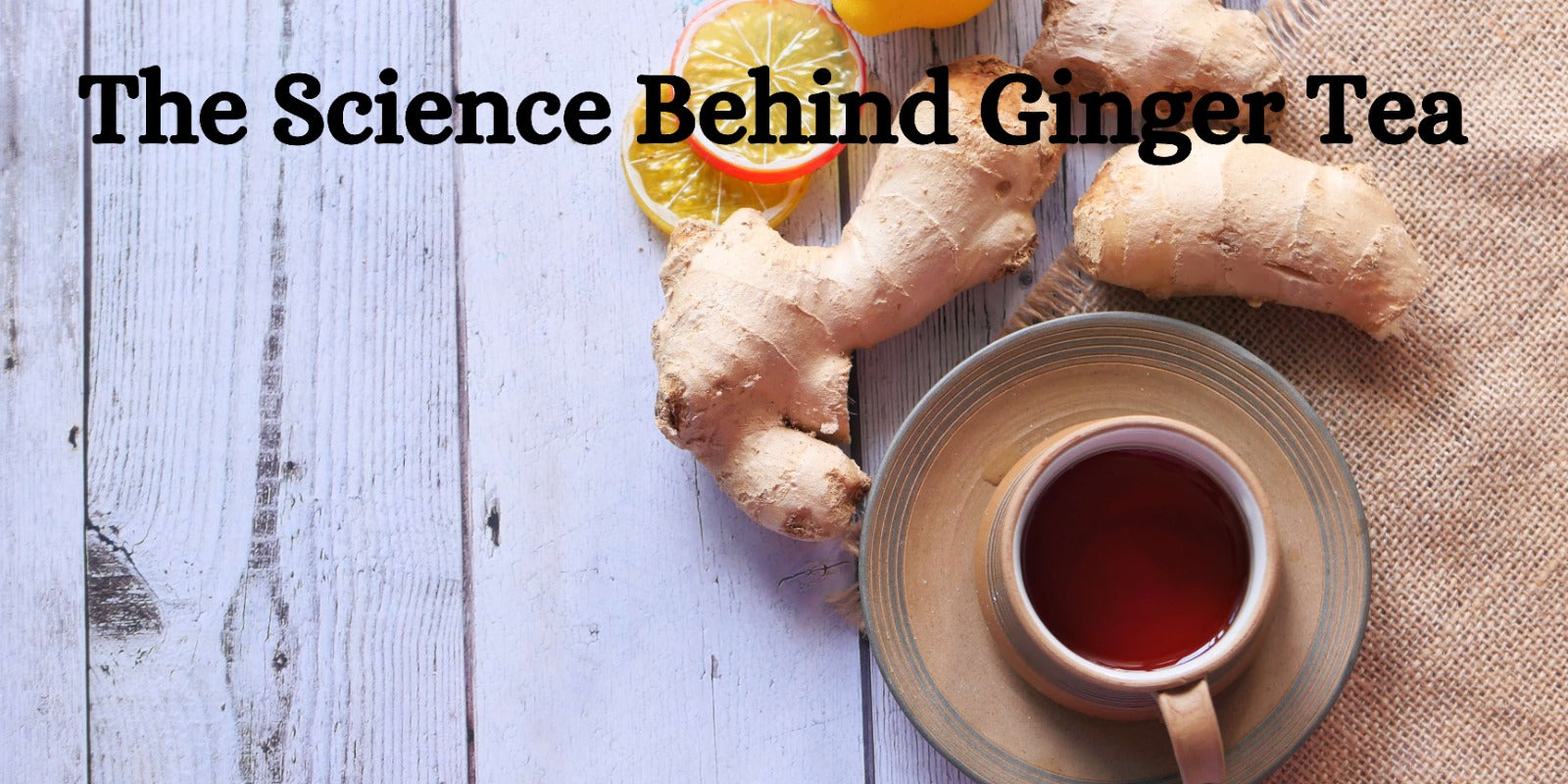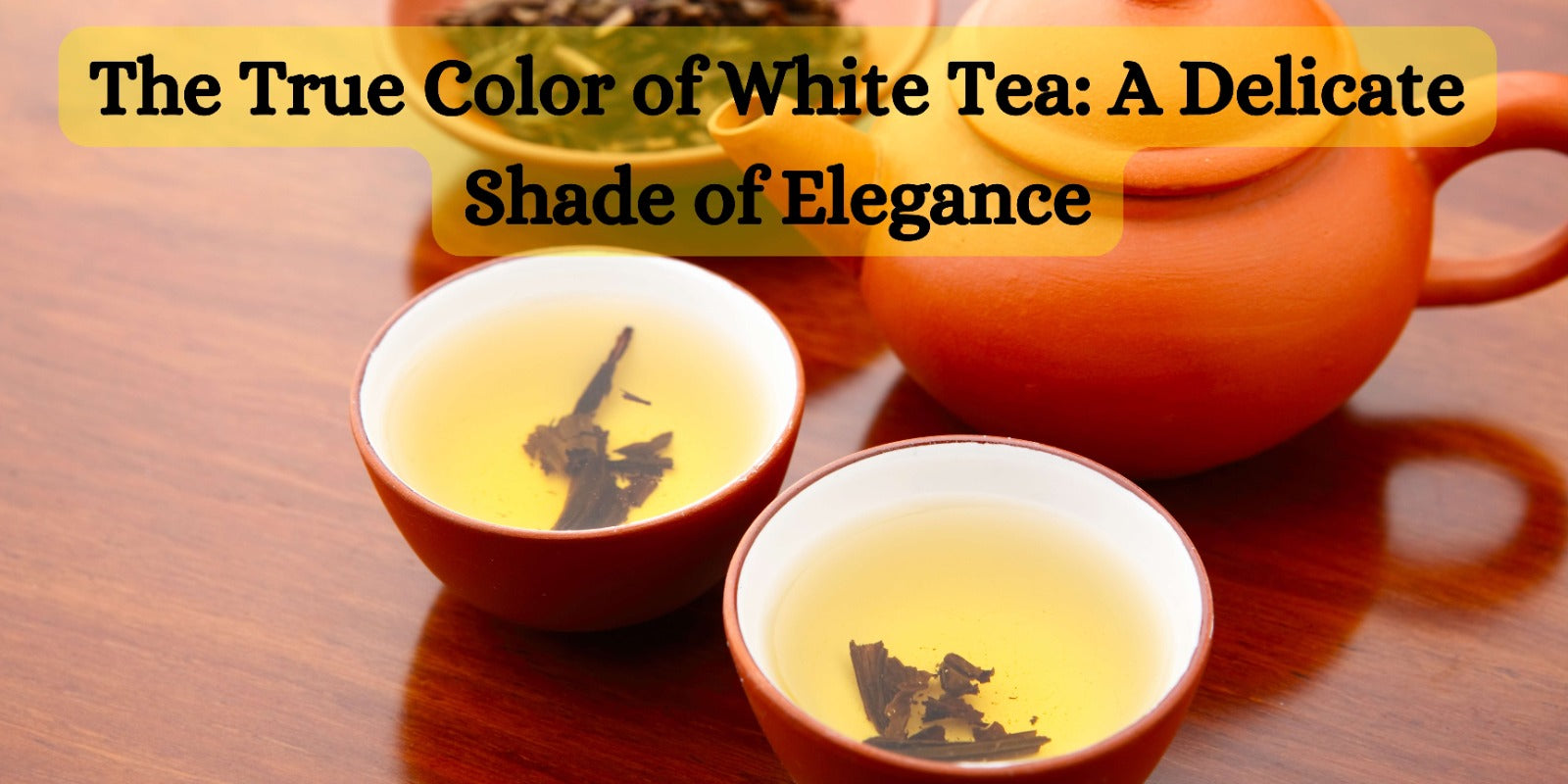Introduction
Tea and coffee are two of the most popular beverages in the world, each with its own unique cultural significance and ritualistic practices. While coffee has often been associated with energy and productivity, tea holds a special place in many cultures as a symbol of tradition, spirituality, and connection. In this blog, we will explore why tea can be considered a religion, while coffee falls short of such a distinction.
The Spiritual Roots of Tea
Tea has a long and rich history, dating back thousands of years to ancient China, where it was revered for its medicinal properties and served as a symbol of harmony and enlightenment. The spiritual significance of tea can be traced to Chinese and Japanese tea ceremonies, where the preparation and consumption of tea are elevated to an art form that embodies mindfulness, respect, and tranquility.
In many cultures, tea ceremonies are viewed as sacred rituals that foster a sense of connection with nature, the self, and others. The act of brewing and sharing tea is seen as a way to cultivate harmony, balance, and a deeper understanding of the world around us.
The Ritual of Tea
Tea ceremonies are steeped in tradition and symbolism, with each aspect of the ritual imbued with meaning and intention. From the selection and preparation of tea leaves to the pouring and serving of the tea, every gesture is performed with mindfulness and reverence.
In contrast, coffee lacks the same level of ritualistic practice and spiritual significance. While coffee culture has its own rituals and customs, they tend to be more focused on efficiency and convenience rather than spiritual connection or introspection.
Tea as a Path to Enlightenment
In some cultures, tea is more than just a beverage – it is a path to enlightenment and spiritual awakening. The Zen Buddhist monks of Japan, for example, have long used tea as a form of meditation and a means to cultivate mindfulness and presence.
The Japanese tea ceremony, known as chanoyu or chado, is a highly choreographed ritual that emphasizes harmony, purity, respect, and tranquility. Through the practice of tea, participants seek to cultivate inner peace, clarity of mind, and a deeper connection to the world around them.
Tea and Community
One of the fundamental aspects of tea culture is its ability to bring people together and foster a sense of community and connection. In many cultures, sharing a pot of tea is a way to create bonds, strengthen relationships, and demonstrate hospitality.
Tea houses, cafes, and teahouses around the world serve as gathering places where people can come together to relax, socialize, and engage in meaningful conversations. The act of sharing tea creates a sense of belonging and unity that transcends language, culture, and background.
Coffee: A Beverage of Energy and Productivity
While coffee has its own devoted following and global appeal, it is often associated with energy, productivity, and stimulation rather than spiritual connection or contemplation. Coffee culture tends to be more fast-paced and goal-oriented, with an emphasis on efficiency and performance.
Unlike tea, which is often enjoyed as a leisurely and contemplative experience, coffee is typically consumed on-the-go or in a work setting, where its caffeine content is valued for its ability to increase focus and alertness.
Conclusion
In conclusion, tea can be considered a religion in its own right due to its deep spiritual roots, ritualistic practices, and transformative qualities. The reverence and respect with which tea is approached in many cultures elevate it beyond a mere beverage to a source of enlightenment, connection, and community.
Tea ceremonies, with their emphasis on mindfulness, harmony, and reverence, offer a sacred space for reflection, contemplation, and inner growth. Through the shared experience of tea, people are brought together in a spirit of unity and harmony that transcends the boundaries of language, culture, and belief.
While coffee is beloved for its energy-boosting properties and bold flavors, it lacks the same spiritual depth and cultural significance as tea. Coffee may fuel our bodies and minds, but tea nourishes our souls and spirits, fostering a sense of peace, balance, and interconnectedness with the world around us.
So, the next time you brew a pot of tea or sip a cup of coffee, take a moment to reflect on the spiritual essence of tea and the profound connection it fosters within us and among us. In the simple act of sharing a cup of tea lies a world of meaning, tradition, and reverence that transcends time and space.




